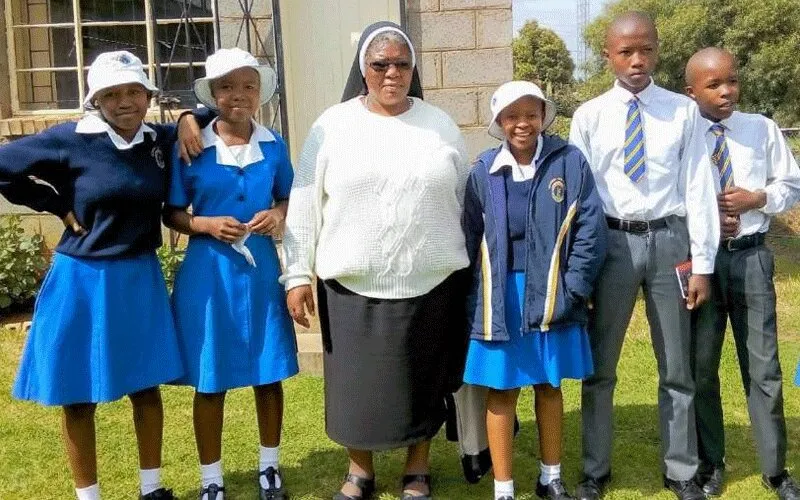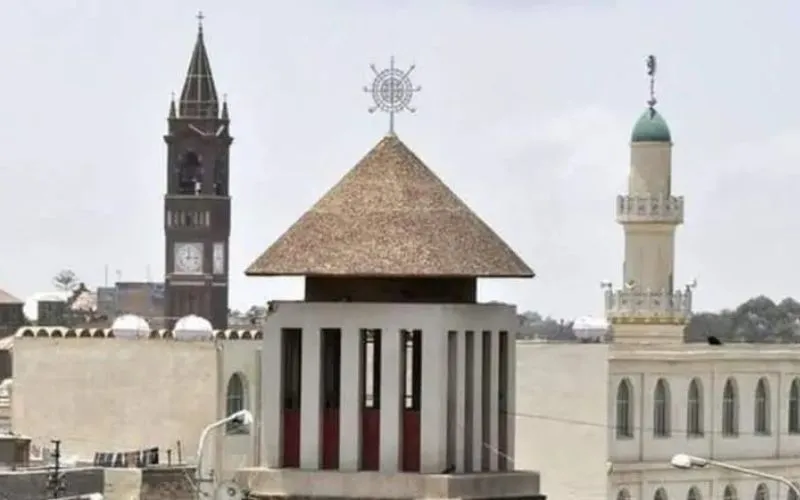Maseru, 31 October, 2020 / 10:40 pm (ACI Africa).
Skills gained from a leadership program for Catholic Sisters in Africa have enabled a nun in the Kingdom nation of Lesotho to effectively manage a school, she has attested in a Monday, October 26 report. seen by ACI Africa.
Sisters Leadership Development Initiative (SLDI) program has helped Sr. Augustina Thokoa improve her leadership skills, making her a better administrator at Mazenod High School in the country’s capital, Maseru, she has testified in the October 26 report.
“[SLDI] has helped me a great deal because I couldn't stand in front of different stakeholders and, you know, address them on issues,” Sr. Augustina who is the school’s Administrator says in the report.
She adds that the program by the African Sisters Education Collaborative (ASEC) gave her the “courage and stance to say, ‘Yeah this is what has to be done.’ For that, I’m grateful.”
The program seeks to increase leadership and technology competencies of Catholic Sisters in Africa. Following the program, Sr. Augustina was able to implement financial management changes in the school.








